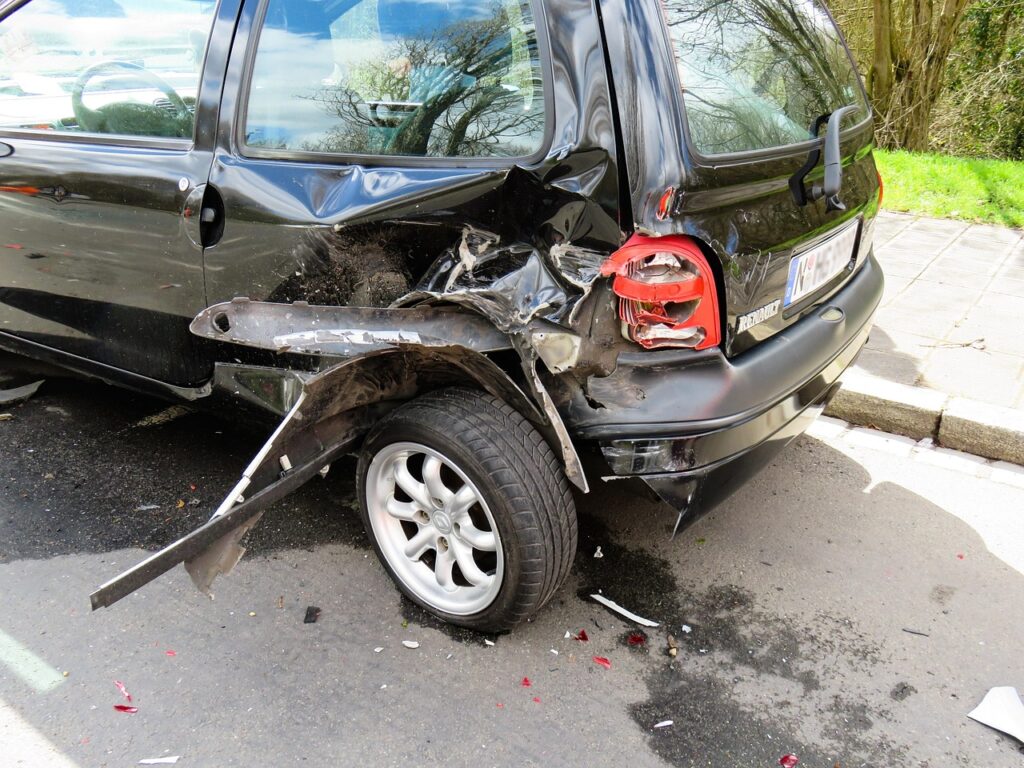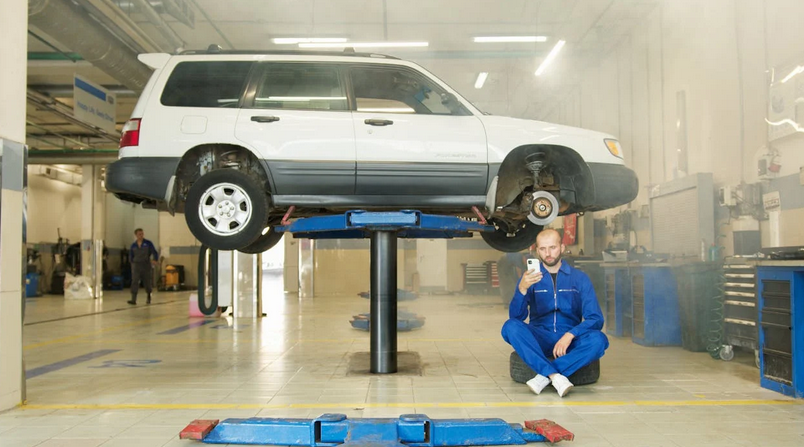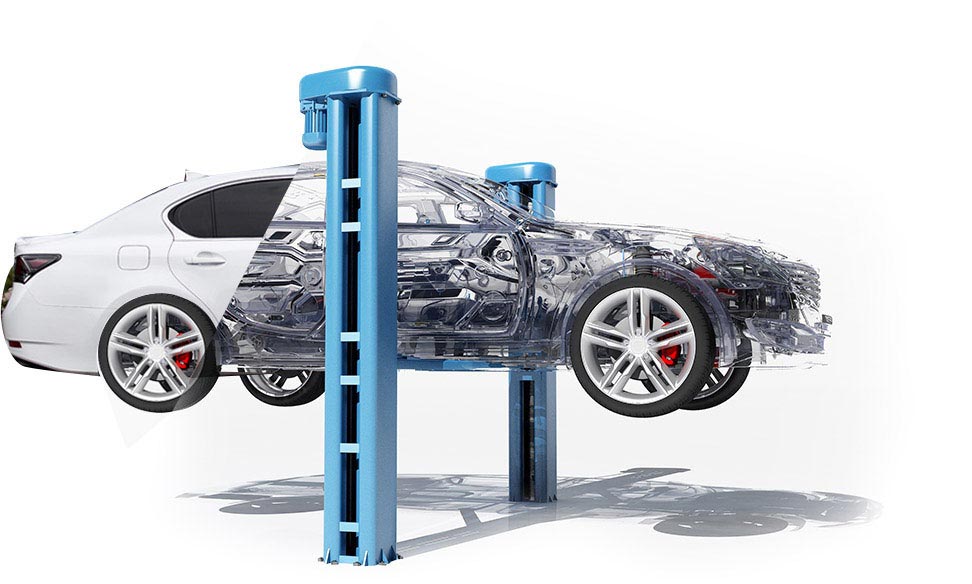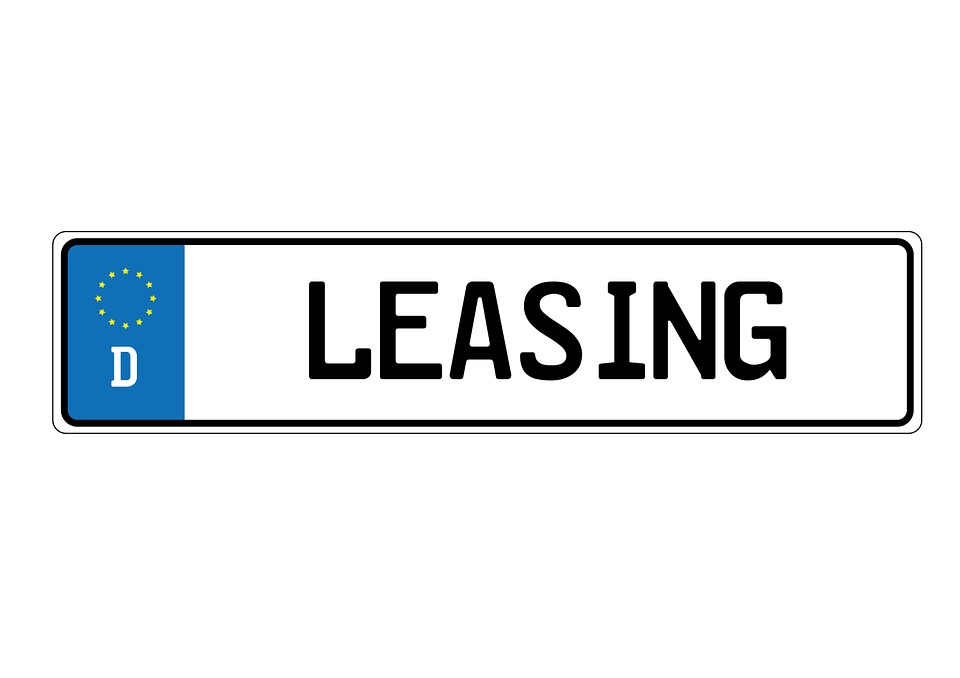Car accidents can happen when you least expect them. One moment, you’re cruising down the road; the next, your world is turned upside down. Navigating a car accident claim might seem overwhelming in such stressful moments. However, being prepared can make all the difference. Understanding what to do right after an accident not only eases your mind but also sets you up for a smoother recovery process—both emotionally and financially. Whether it’s documenting details at the scene or dealing with insurance companies, knowing how to approach each step is crucial. Let’s dive into some vital tips that will help guide you through this challenging situation and ensure that you’re well-equipped to handle everything that comes your way.
Document Everything at the Scene
After an accident, your first instinct might be to check on everyone involved. Once that’s done, it’s crucial to document everything at the scene. Start with clear photographs of vehicles, the surrounding area and any damage. Capture different angles and close-ups. These images can provide vital evidence later. Next, jot down essential details like the time, location, weather conditions, and traffic signals. If there are witnesses present, gather their contact information as well. Their accounts could prove invaluable in supporting your claim. Additionally, make notes about what happened leading up to the crash. Your memory may fade over time; documenting these moments ensures accuracy when recounting events later on. The more thorough you are now, the better prepared you’ll be when filing claims or dealing with insurance companies down the line.


Seek Medical Attention Immediately
After a car accident, your health is the top priority. Even when you feel fine, injuries can surface later. Adrenaline may mask pain initially, making it vital to get checked out immediately. Visiting a doctor will ensure that any hidden issues are identified early. This could include whiplash or internal injuries that aren’t immediately apparent. A medical professional will document your condition, which is essential for any future claims. Timely treatment also reinforces the seriousness of your injuries in case you need to file an insurance claim. A clear medical record supports your case and helps establish how the accident has impacted your life. Don’t hesitate to seek help; even minor symptoms warrant attention. After such incidents, protecting yourself physically and legally should be at the forefront of your mind. Making health decisions promptly sets a positive tone for recovery and potential legal proceedings ahead.
Notify Your Insurance Company Promptly
Notifying your insurance company should be one of your first steps after a car accident. Time is crucial here. Delays can complicate the claims process and may affect your coverage. When you contact them, provide precise details about what happened. Share information such as the incident’s date, time, location, and any relevant circumstances. This clarity helps speed up their investigation. Be prepared to answer questions regarding damages or injuries sustained in the accident. The more transparent you are with your insurer, the smoother things will go for you later on. Remember to keep records of all communications with your insurance provider. These notes can be invaluable if disputes arise down the road. Prompt action not only keeps everything organized but also demonstrates responsibility during this challenging time.
Keep a Detailed Record of All Expenses and Communications
It is crucial to keep track of expenses and communications after a car accident. Every detail matters, from medical bills to repairs. Start by creating a dedicated folder—both physical and digital. Collect all receipts related to the incident, including hospital visits, medication costs, and even towing fees. Don’t forget about lost wages if you had to take time off work. Document how those days affected your income. Equally important is maintaining records of conversations with insurance adjusters or legal representatives. Note dates, times, and key points discussed during each call or meeting. Stay organized throughout the process; it will help create a clear picture when filing your …
























































